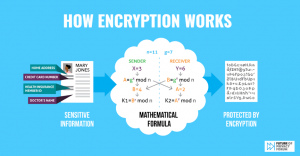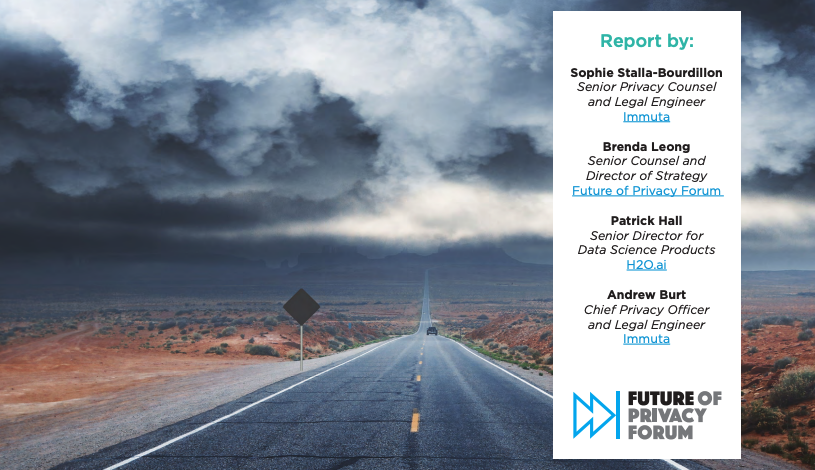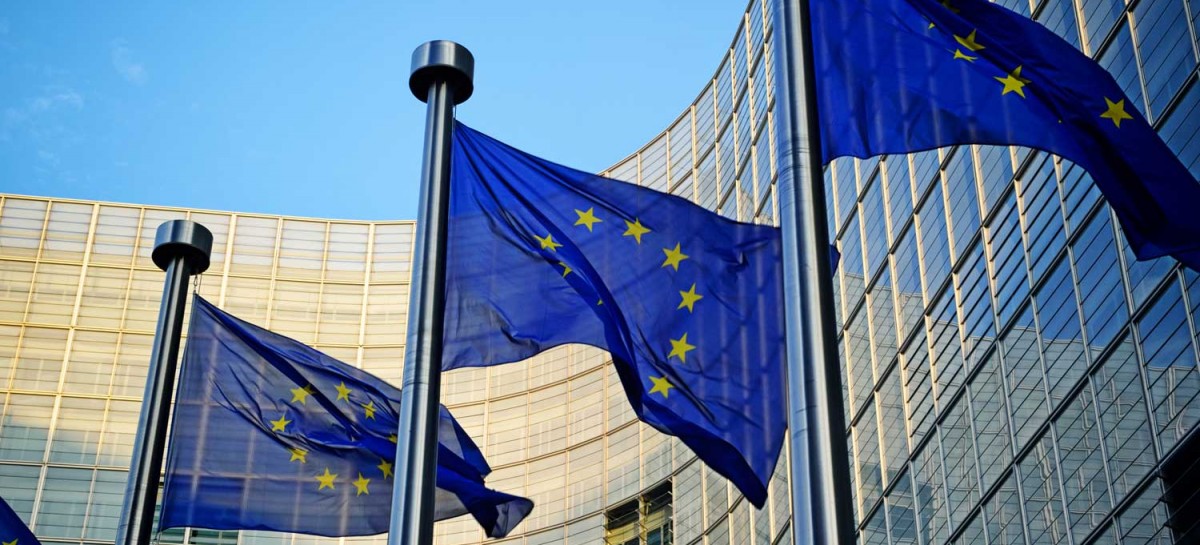When handling personal data, organizations must utilize both best practices for privacy and cybersecurity to ensure that it is protected, sound, and treated in line with individual and societal expectations.
FPF’s work on privacy and cybersecurity focuses on the overlap between the two areas, including how different global laws and policy regimes tackle that overlap. Through FPF’s Privacy and Cybersecurity Expert Group, FPF facilitates the coordination and collaboration of privacy and cybersecurity experts to promote common goals, strategies, and understanding.
FPF’s Cybersecurity Advisory Committee comprises top cyber and privacy executives at industry-leading companies and civil society and academia representatives.
Advisory committee members include:
- Emily Hancock, Cloudflare
- Stephenie Handler, Gibson Dunn (Chair)
- David Hoffman, Duke University, Sanford School of Public Policy
- Anitha Ibrahim, Amazon Web Services
- Andy Serwin, DLA Piper
- Chad Sniffen, National Network to End Domestic Violence
- Melanie Tiano, T-Mobile
- Heng Xu, American University
Featured
New FPF Study: More Than 250 European Companies are Participating in Key EU-US Data Transfer Mechanism
Co-Authored by: Drew Medway & Jeremy Greenberg European Companies’ Participation in Privacy Shield Up Nearly 30% from the Past Year. EU-US Privacy Shield Remains Essential to Leading European Companies. From Major Employers such as Logitech and Siemens to Leading Technology Firms like Telefónica and SAP, European Companies Depend on the EU-US Agreement. The Privacy Shield […]
Strong Data Encryption Protects Everyone: FPF Infographic Details Encryption Benefits for Individuals, Enterprises, and Government Officials
Today, the Future of Privacy Forum released a new tool: the interactive visual guide “Strong Data Encryption Protects Everyone.” The infographic illustrates how strong encryption protects individuals, enterprises, and the government. FPF’s guide also highlights key risks that arise when encryption safeguards are undermined – risks that can expose sensitive health and financial records, undermine the […]
Commoditization of Data is the Problem, Not the Solution – Why Placing a Price Tag on Personal Information May Harm Rather Than Protect Consumer Privacy
This guest post is by Lokke Moerel, a Professor of Global ICT Law at Tilburg University and Senior of Counsel at Morrison & Foerster in Berlin, and Christine Lyon, partner at Morrison & Foerster in Palo Alto, California. To learn more about FPF in Europe, please visit https://fpf.org/eu. By Lokke Moerel and Christine Lyon[1] Friend and […]
New White Paper Explores Privacy and Security Risk to Machine Learning Systems
FPF and Immuta Examine Approaches That Can Limit Informational or Behavioral Harms WASHINGTON, D.C. – September 20, 2019 – The Future of Privacy Forum (FPF) released a white paper, WARNING SIGNS: The Future of Privacy and Security in an Age of Machine Learning, exploring how machine learning systems can be exposed to new privacy and […]
Warning Signs: Identifying Privacy and Security Risks to Machine Learning Systems
FPF is working with Immuta and others to explain the steps machine learning creators can take to limit the risk that data could be compromised or a system manipulated.
What is 5G Cell Technology? How Will It Affect Me?
The leap from 3G to 4G technology brought with it faster data transfer speeds, which supported widespread adoption of data cloud and streaming services, video conferencing, and Internet of Things devices such as digital home assistants and smartwatches. 5G technology has the potential to enable another wave of smart devices: always connected and always communicating to provide faster, more personalized services.
New FPF Study: More Than 200 European Companies are Participating in Key EU-US Data Transfer Mechanism
Co-Authored by: Daniel Neally & Jeremy Greenberg EU Companies’ Participation in Privacy Shield Grew by More than One-Third Over the Past Year EU-US Privacy Shield Essential to Leading European Companies From Major Employers such as Aldi and Dr. Oetker to Leading Technology Firms like CRISPR Therapeutics and Workwave, European Companies Depend on the EU-US Agreement […]
New FPF Study Documents More Than 150 European Companies Participating in the EU-US Data Transfer Mechanism
New FPF Study Documents More Than 150 European Companies Participating in the EU-US Data Transfer Mechanism EU Companies’ Participation Grew by One Third Over the Past Year By Jeremy Greenberg Yesterday, the European Commission published its second annual review of the EU-U.S. Privacy Shield, finding that “the U.S. continues to ensure an adequate level of […]
Consumer Reports Publishes Initial Findings for Privacy and Security of Smart TVs
Today, Consumer Reports released their initial findings on the privacy and security aspects of Smart TVs. Applying their Digital Standard (developed with Ranking Digital Rights and other partner organizations), Consumer Reports identified a range of important privacy aspects and potential security vulnerabilities in Smart TVs from five leading manufacturers (Sony, Samsung, LG, TCL, and Vizio).
The Future of Digital Privacy
Jules Polonetksy, Future of Privacy Forum’s CEO, was featured on Episode 5 of The Front Row, a podcast by 2U. The conversation centered around responsible data collection and the future of digital privacy. Jules discussed how chief privacy officers and cyber security experts will be able to harness the good in technology and mitigate the risks.














